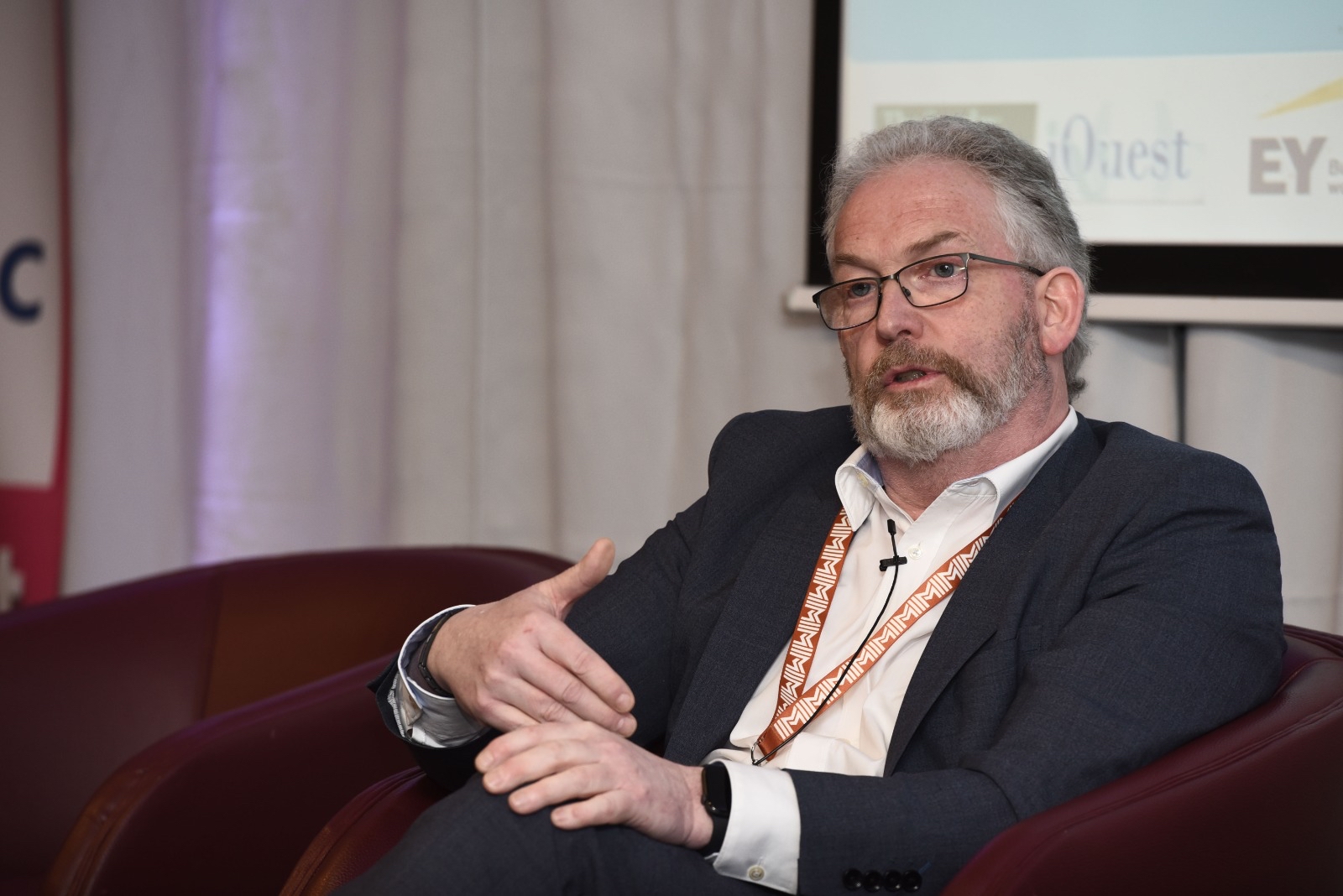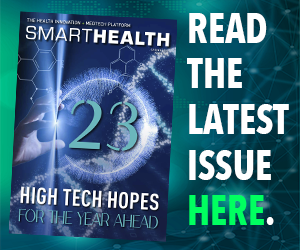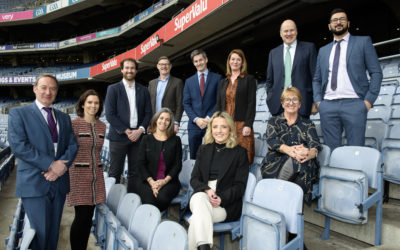Business Post columnist Tony O’Brien is the former Director General of the Health Service Executive. A chartered director, his work encompasses a number of health sector companies including FINN360, Lifeline Ambulance, Dermview, Health Navigator (HN), Evofem, SafetyNet Primary Care, St. Paul’s Child and Family Centre, among others.
In February, he will join a policy and leadership panel at the 19th National Health Summit in Croke Park to talk about change leadership. Among topics under discussion will be where things stand on the Sláintecare roadmap, what the reality of healthcare looks like today and whether private medicine should remain a central part of Ireland’s public health system?
How does health innovation surprise you?
The pace at which the healthcare innovation ecosystem is developing in Ireland is hugely impressive and is already making such a positive difference to they way care is being delivered.
Committed individuals, innovators and entrepreneurs are building coalitions, partnerships and joint ventures that transcend the normal formal boundaries and silos, and are rapidly turning the healthcare system in Ireland into the free-flowing networked organism that patients need it to be.
What tech has made the greatest impact?
An almost impossible question. There have been so many ground breaking innovations over time that are now just another part of the normal way of doing things.
Tempting as it is to cite new high-tech developments I have to go with Penicillin (and antibiotics more generally) as they are probably still the great game changer of the last 100 years.
Next up is the advent of widely-deployed personalised medicine and that will be seen as the biggest game changer of the next 100 years.
Who is impressing you right now?
I am blessed to work with a wide variety of inspiring, innovative and forward-thinking healthcare leaders so this is a tough choice to make. I would single out Professor Mary Horgan, President of the RCPI, for the steady and strategic way she is leading the RCPI and her overall contribution to public discourse including of course her role on NPHET.
I want to acknowledge Eoin O’Reilly at Dermview for the impact he is having on waiting lists and speed of diagnosis and Joachim Werr at HN for his forward thinking on the use of AI in anticipatory healthcare.
I am also hugely impressed by the entire team at the charity SafetyNet PrimaryCare, which I was privileged to join earlier this year.
What transformations are yet to be explored?
AI in predictive and anticipatory health care is the way of the future but is yet only in its infancy.
The scale of demand for healthcare our societies will face due to demographics, global skill shortages, finite cash resources and all sorts of new diagnostic and treatment possibilities requires that our health systems learn to work smarter rather than harder.
Population level AI will be as important a triage tool as any that are widely deployed today.
Fast forward five years >>>
I’m pretty certain that there will be new technologies deployed and widely used in five years that are currently not thought of. We need to ensure that we are able to embrace and rapidly deploy proven new technologies.
Funding and speed of decision making may be rate limiters and that means we need to allow our policy processes and funding mechanisms to develop to be as agile as the innovators are.
For more abut the 19th National Health Summit, taking place on February 8 2023 at Dublin’s Croke Park, go to healthsummit.ie






